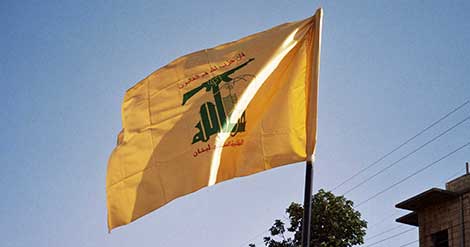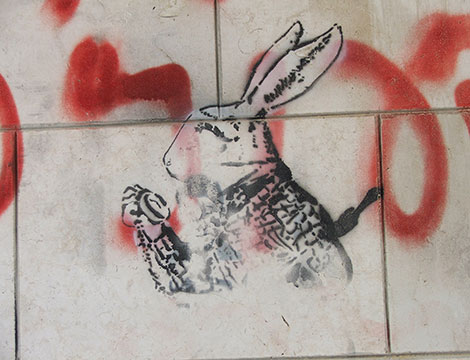
This article was originally published by the United States Institute of Peace (USIP) in May 2018.
Israel has long been wary of Iran’s power projection in the Levant, particularly in Syria. Ties between Tehran and Damascus have been close since the 1979 revolution, but the relationship deepened after Syria’s civil war erupted in 2011. With the Assad regime’s survival at stake, Tehran doubled down on its support, providing critical military assistance—fighters and strategists—and economic aid estimated to be in the hundreds of millions of dollars. Syria and Iran now have a partnership with existential stakes—for the Assad regime’s longevity and Iran’s enduring position in Syria, the most strategic property in the Levant. USIP’s Mona Yacoubian looks at Iran and Israel’s goals and concerns in Syria and the potential of their shadow war spilling over into a regional conflagration.




